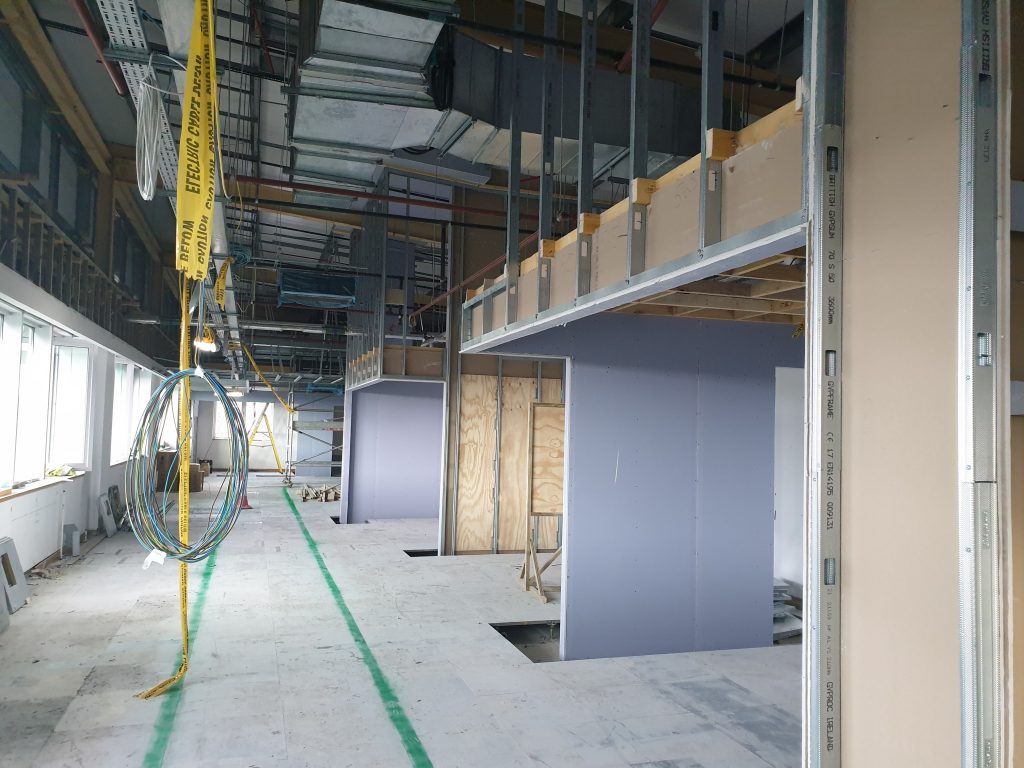
Renovating residential buildings can bring a host of benefits for landlords, tenants, and communities. Not only can renovations improve the energy efficiency of a home, potentially leading to financial savings and reduced carbon emissions, but they can also increase the value of the property and enhance the quality of life for residents.
However, renovation projects can be a complex and costly endeavour, requiring careful planning and execution. In this article, we will delve into the various benefits of renovating residential buildings and offer suggestions for those considering embarking on a residential asset upgrade programme.
Energy efficiency improvements
One of the key benefits of renovating residential buildings is the opportunity to make energy efficiency improvements. Upgrading to more energy-efficient systems and appliances can lead to significant financial savings on energy bills. For example, installing a more efficient heating and ventilation system or upgrading windows can help reduce heating and energy costs. This can include things like fixing leaks or drafts, improving insulation, fitting energy generation systems, or updating outdated electrical or plumbing systems.
In addition to the financial benefits, improving the energy efficiency of the accommodation can also have a positive impact on the environment. By reducing the amount of energy required to power a home, carbon emissions can be lowered, helping to combat climate change.
Increasing asset value
As well as the functional and comfort improvements that renovations can bring, they can also increase the value of a property portfolio which can lead to freeing up more funds for additional acquisition strategies. Modernising and updating accommodation can make it more appealing to potential buyers or renters, potentially leading to a higher sale price or rental income.
Benefits for the owner/landlord start with a reduced pressure on maintenance costs which often come unexpectedly and as a result of being unplanned often cost more than a wholesale refit. Less unexpected repairs generate a more consistent level of income for the owner and also increases the value of the assets which can lead to freeing up more funds for additional acquisition strategies.
Overall, carefully planned and executed renovations have the potential to significantly increase the value of a property.
Welfare
Having a tenant with greater health and lower bills leads to less rent arrears and less void periods in the portfolio resulting in a better bottom line and higher yield.
Key Considerations
- Be clear about what you are aiming to achieve with the work. Carefully consider what benefits you are looking to achieve and get professional help in modelling the desired outcomes against the proposed designs. Student accommodation for example needs to be renovated on a tight schedule to fit in with key rental periods, and teams need to be keenly aware of the potential financial impact of these programme deadlines.
- Form a robust budget from the very outset. Ensure your cost data is market tested and that you have accounted for all costs.
- Carefully consider any risk items that you may encounter and be sure to set aside contingency amounts to cover those possible eventualities.
- Select the right team to work with on the renovations who have experience in the size and scale of the project and who have successfully delivered these projects before.
- Carry out frequent cost reviews as you work your way through the process from end to end to ensure you stay on top of the planned budget so that adjustments can be made if required.
Summary
In conclusion, renovating residential buildings can bring a host of benefits for tenants, landlords, and communities. Energy efficiency improvements can lead to financial savings and reduced carbon emissions, while renovations can increase the value of a property and enhance the quality of life for residents.
However, it is important to carefully plan and execute renovation projects in order to maximize the potential benefits.
As we move toward our 2030 and 2050 climate change targets, it is envisaged that Government will start to apply pressure to landlords to increase the energy efficiency of their assets. Now is a great time to get ahead of these up-and-coming changes to ensure that your properties stay relevant and in demand with an ever more conscientious consumer.
Tags: Refurbishment Residential










